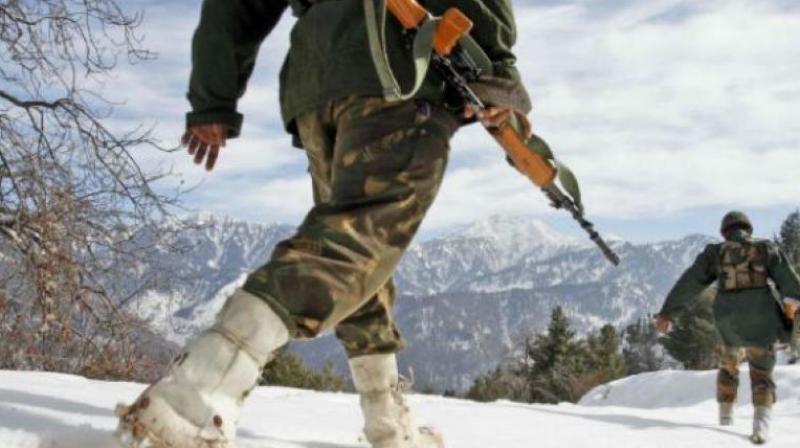Talks can solve Sikkim row: India asks Chinese troops to not come forward

New Delhi: The border standoff between armies of India and China at the Sikkim sector can be resolved diplomatically and Chinese soldiers should leave the Bhutanese territory to reduce tension in the area, Minister of State for Defence Subhash Bhamre said on Wednesday.
"I think the issue can be resolved at the diplomatic level. The Chinese troops should stay where they were earlier. China is approaching towards Bhutanese territory. We want them not to come forward. This is our security concern and this is our stand. Bhutan's King had yesterday given a statement that Chinese (troops) are entering into its territory. This tension can be resolved at the diplomatic level. Across the table we can solve all the problems," Bhamre said.
Bhamre's comments came on a day China accused India of "trampling" on the principles of the Panchsheel pact and demanded that India "correct its mistakes" by pulling back its troops immediately.
Chinese envoy to India Luo Zhaohui had on Tuesday said China had ruled out a compromise in the military standoff with India and put the onus on New Delhi to resolve the "grave" situation.
China and India have been engaged in a standoff in the Dokalam area near the Bhutan tri-junction for the past 19 days after a Chinese army's construction party came to build a road.
Doka La is the Indian name for the region which Bhutan recognises as Dokalam, while China claims it as part of its Donglang region.
China and Bhutan are engaged in talks over the resolution of the area. Bhutan, however, has no diplomatic ties with China and it is supported militarily and diplomatically by India.
On the standoff, the Ministry of External Affairs had said India was "deeply concerned at the recent Chinese actions and has conveyed to the Chinese government that such construction would represent a significant change of status quo with serious security implications for India".

